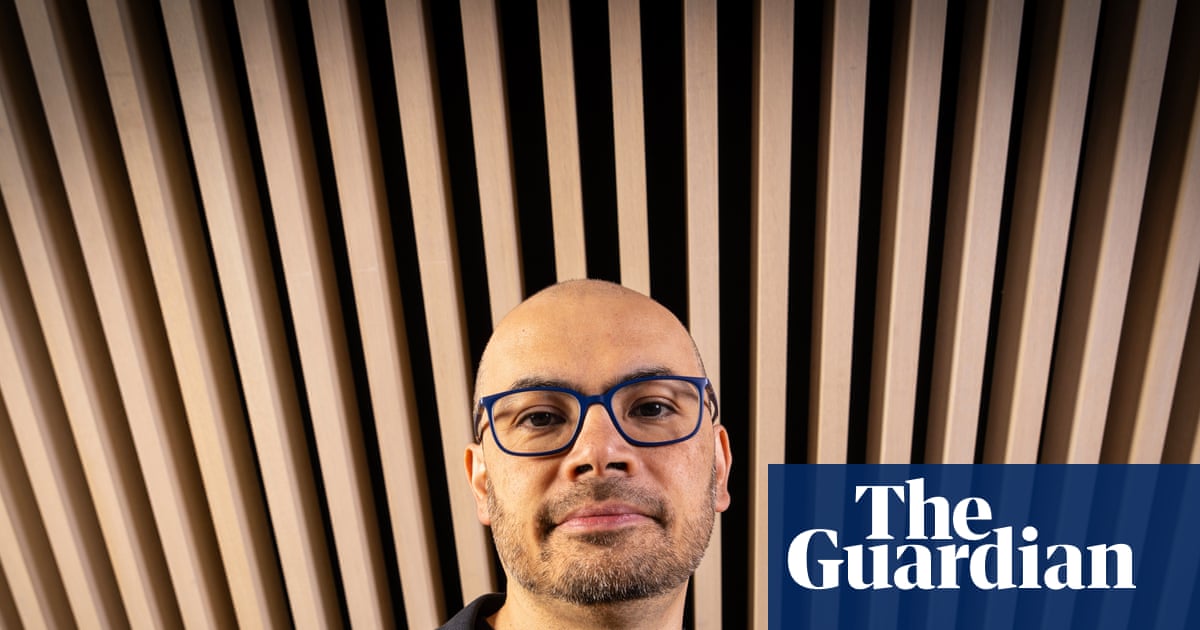
"As head of Google DeepMind, the tech giant's artificial intelligence arm, he's driving, if not necessarily steering, what promises to be the most significant technological revolution of our lifetimes."
"Hassabis finds himself in the position of being both a booster for AI and an apologist for it, which he admits was not part of his initial vision."
"The Nobel prize in chemistry was proof of the benefits AI can bring: DeepMind's AlphaFold database was able to predict the hitherto-unfathomable structures of proteins, leading to potential medical advances."
"Hassabis expresses concern about how society is adapting to AI, stating, "If I'd had my way, we would have left it in the lab for longer and done more things like AlphaFold.""
Demis Hassabis, head of Google DeepMind, was awarded a Nobel prize in chemistry for advancements in AI, specifically the creation of the AlphaFold database. This breakthrough predicts protein structures, opening doors to significant medical discoveries. Despite these achievements, Hassabis grapples with the societal implications of AI technology. He acknowledges the necessity for public engagement with AI but reflects on his desire to focus on more controlled advancements. His unique background and experiences position him as a prominent figure in discussing AI's future and potential benefits and risks.
Read at www.theguardian.com
Unable to calculate read time
Collection
[
|
...
]